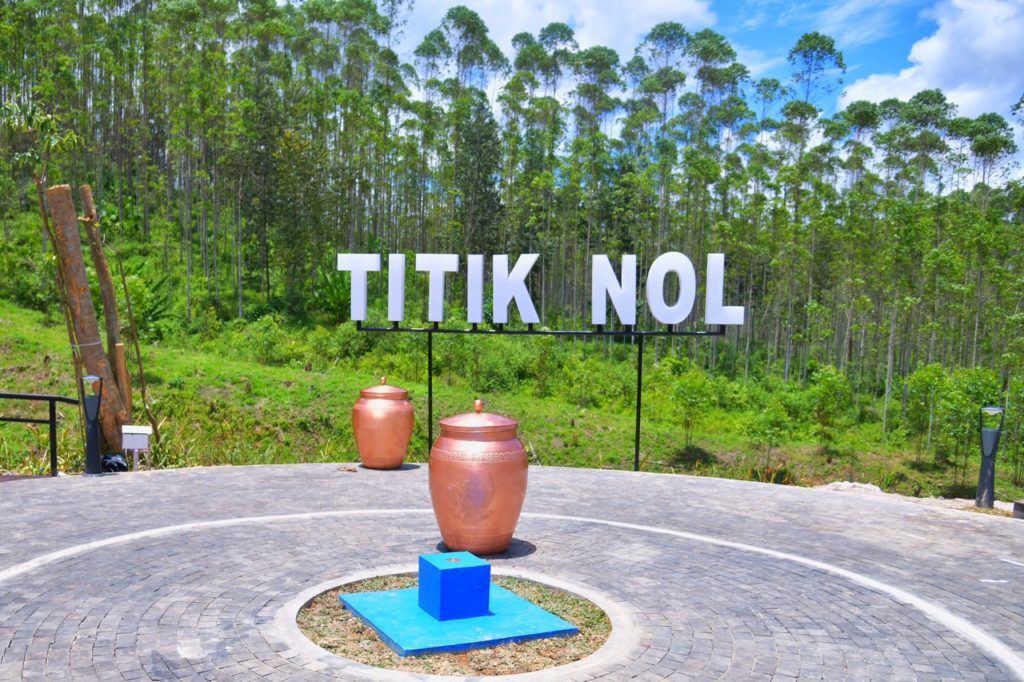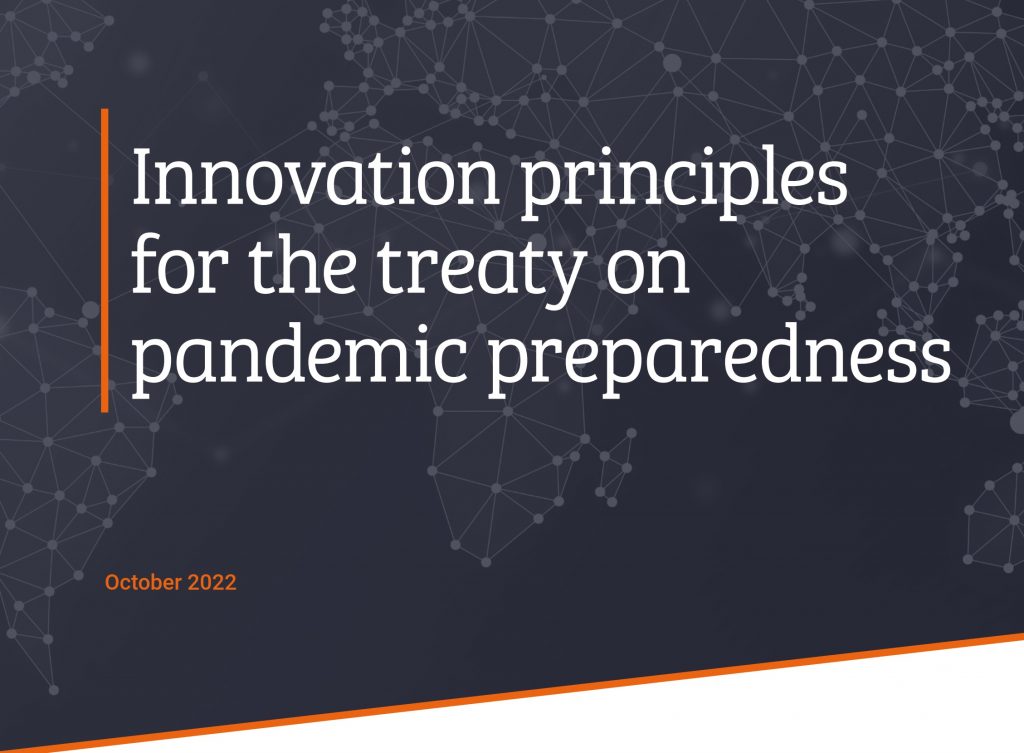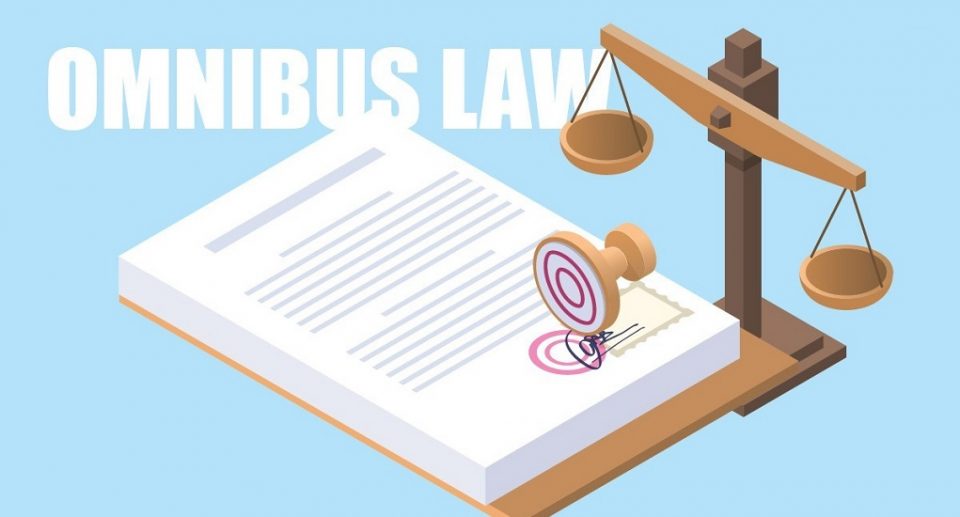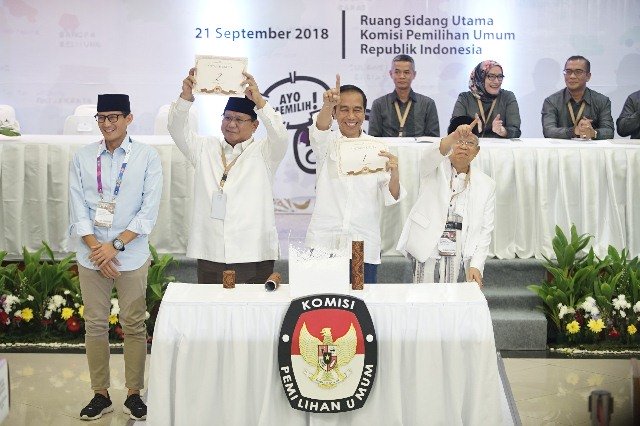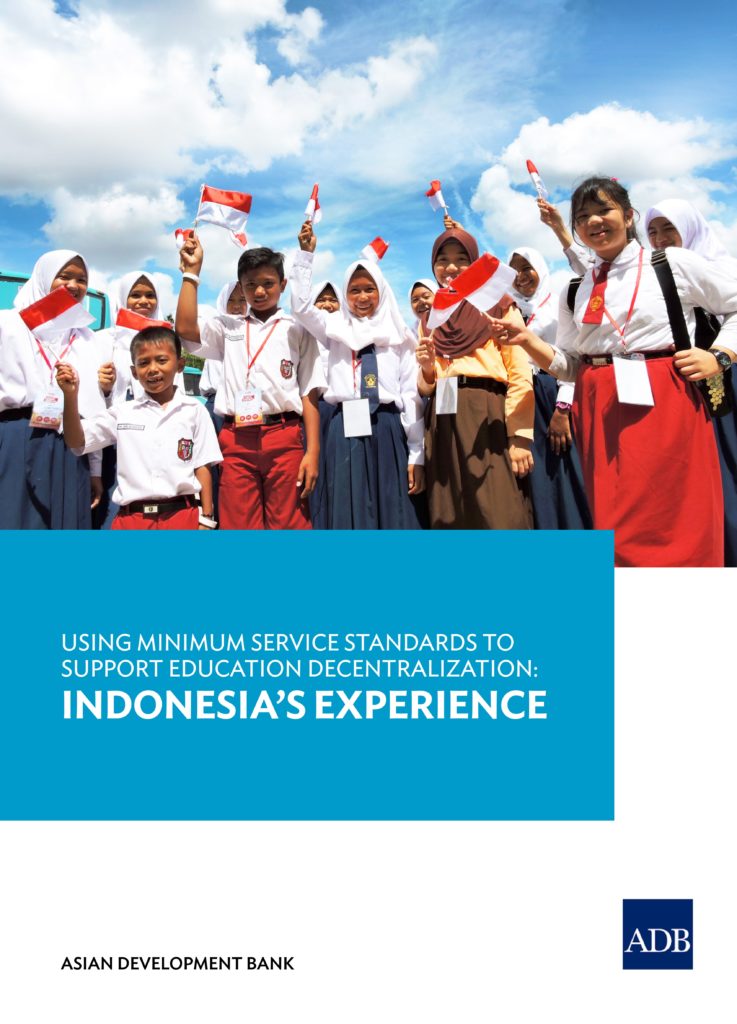Working papers and reports written by PPPI's researchers and fellows
[PAPER] A review of Indonesia’s JETP through the dynamics of its policy regime
Muhamad Rosyid Jazuli, Kate Roll, Yacob Mulugetta Global Policy, Volume 15, Issue 5November 2024, pages 989-1006 Abstract During its 2022 G20 presidency, Indonesia committed to reducing carbon emissions through the Indonesia Just Energy Transition Partnership (JETP). In addition to other policies, the Partnership is designed to drive the country's broader energy transition and net-zero aspirations
[PAPER] Entitas Agama dalam Perdebatan Studi Politik dan Hubungan Internasional – Perjanjian Westphalia (1648)
Ahmad Khoirul Umam Andalas Journal of International Studies, Vol 13, No 1 (2024) Abstract This conceptual article will explain the role and position of religious entities in the debate on political studies and international relations, which were once marginalized. This situation cannot be separated from the strong dominance of secularism which provides strong legitimacy
Mind the Gap: Bridging Science and Policy
Muhamad Rosyid Jazuli PPPI Blog, 2 May 2023 Scholars often cry for more science- or evidence-based policymaking, arguing that this approach will effectively solve most, if all, problems in the world. At the same time, however, it, to some extent, emphasizes the existence of an immense gap between science and policy. What is this
Problematika Komunikasi Politik Pendanaan Pembangunan Ibu Kota Negara Nusantara
Abdul Rahman Ma’mun Abstract This paper discusses the issue of the policy of relocating the National Capital (IKN) which has raised controversy, lawsuits and rejection from some people, even though it has been supported by the IKN Law Number 3 of 2022. The purpose of writing this article is to answer the question of
Innovation principles for the treaty on pandemic preparedness
Joint Declaration, 24 September 2022 We are an informal coalition of think tanks and civil society organisations that believes a robust global framework for the protection of intellectual property (IP) rights will play a key role in ensuring the world is prepared for future pandemics. KEY POINTS IP rights are essential to develop and
The importance of institutional quality: Reviewing the relevance of Indonesia’s Omnibus Law on national competitiveness
Muhamad Rosyid Jazuli, Maimanah Mohammed Idris, & Penlope Yaguma Nature: Humanities and Social Sciences Communications, 24 September 2022 Abstract Institutional quality is significantly relevant in determining national competitiveness when reflected in economic growth and successful development. Quality institutions manifest in robust ‘rules of the game’ reflected by sound governance and policymaking in at
Why patents matter to Indonesia
Paramadina Public Policy Institute and Geneva Network 23 August 2022 With careful reform of its patent law Indonesia can accelerate its transition to a knowledge-based, wealthy economy As the Indonesian economy recovers from Covid, the government is looking to target new sources of economic growth to counter the country’s reliance on natural resources, avoid
Konflik kepentingan dalam regulasi transparansi dan akuntabilitas sumbangan dana kampanye pada pemilu presiden 2019
Abdul Rahman Ma’mun Abstract This study aims to examine the effectiveness of the regulation on transparency and accountability of campaign fund donations in Law Number 7 of 2017 concerning General Elections as an effort to limit donations to campaign funds for the 2019 Presidential Election. This study uses a qualitative method with an inductive
Using Minimum Service Standards to Support Education Decentralization: Indonesia’s Experience | REPORT
Asian Development Bank Draft manuscript prepared by Isabella Tirtowaluyo & Totok Amin Soefijanto 2021 Summary Improving the quality of education requires synchronized efforts. The government needs not only clear vision and policy direction, but also solid public support and oversight, effective coordination among stakeholders during implementation, and strong support from all levels of bureaucracy
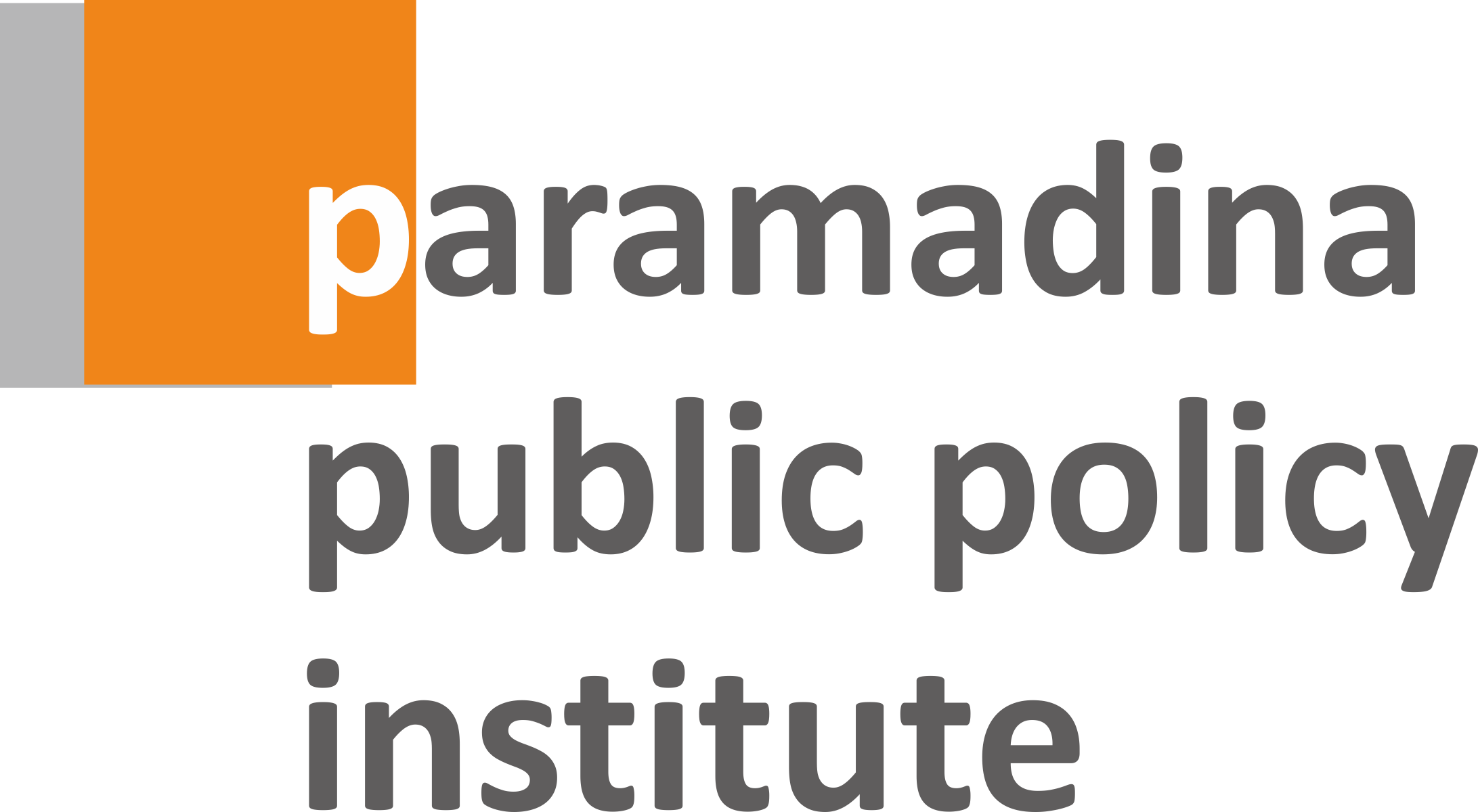
![[PAPER] A review of Indonesia's JETP through the dynamics of its policy regime](https://policy.paramadina.ac.id/wp-content/uploads/2024/11/solar-panel-1024x576.jpg)
![[PAPER] Entitas Agama dalam Perdebatan Studi Politik dan Hubungan Internasional - Perjanjian Westphalia (1648)](https://policy.paramadina.ac.id/wp-content/uploads/2024/09/islam-and-politics-indonesia.jpg)

